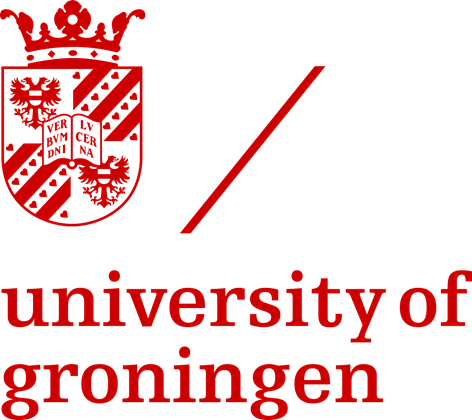What is consciousness? What is the relation between truth and democracy? If our world is mechanistic, how could chances ever exist?
Students will further train the philosophical knowledge and skills they developed in their Bachelor's degree programme and are encouraged to engage in philosophical discussions at a deeper level.
Master's students in Philosophy can choose from three specializations:
● Theoretical Philosophy
● History of Philosophy
● Ethics Social and Political Philosophy
The programme is concluded with a thesis on a topic of your choice.
The Master's programme in Philosophy is offered both on a full-time and part-time basis.
Faculty Scholarships
All non-EU/EEA master students registered at the Faculty of Philosophy receive a faculty scholarship covering 50% of the tuition fee subject to the Terms and Conditions of the faculty scholarship. Admitted students from outside the EU/EEA can apply for the Holland Scholarship programme.
Overview
What is consciousness? What is the relation between truth and democracy? If our world is mechanistic, how could chances ever exist?
Students will further train the philosophical knowledge and skills they developed in their Bachelor's degree programme and are encouraged to engage in philosophical discussions at a deeper level.
Course details
Programme
The programme comprises one year (60 ECTS). Students choose a coherent set of at least four courses within a specialization area (20 ECTS). Additionally, students can choose up to four courses of other specialization areas (20 ETCS). The programme is concluded with a thesis (20 ECTS).
You can choose one of the areas of specialization:
● Theoretical Philosophy: logic; argumentation theory; (formal) epistemology; and philosophy of science, mind, and language.
● Ethics, Social and Political Philosophy: normative ethics; meta-ethics; moral psychology; and contemporary political philosophy.
● History of Philosophy: metaphysics; epistemology; ancient, medieval and (early) modern philosophy
However, there are also possibilities to take courses outside your specialization area if this also fits your academic interests. For example, if you are interested in contemporary debates on 'autonomy' and 'moral luck', then taking a course about Spinoza's Ethics may be an interesting choice.
You conclude the degree programme by writing and defending a thesis of 20 ECTS. You are free to formulate and pursue your own research question. The thesis is written under supervision of two staff members.
A comprehensive overview of our courses can be found in our catalogue.
A further detailed description of the programme can be found in our prospectus.
Entry requirements
Entry requirements
● Bachelor's degree in philosophy or philosophy of a specific scientific discipline, or another Bachelor's degree which the admissions board considers to be equivalent
● Proof of English proficiency
● Two reference
● Motivation
● Curriculum Vitae (CV)
● Writing sample
Career outcomes
After finishing the Master's degree, many philosophers find work as educators, journalists, editors and policy advisors, both in business and at governmental agencies. It is also possible to become a researcher at the university or a private research institute.
